How Real-Time Manufacturing Operations Drive Competitive Advantage in Volatile Markets
Manufacturing executives confronting today's operational challenges recognize a fundamental truth: traditional execution systems designed for stable markets have become organizational liabilities.
Battery Manufacturer Cuts Scrap by 90% and Streamlines Prototyping
Lithos has now built a repeatable system through PICO to speed up prototyping, minimize losses, and ensure every change is intentional, traceable, and scalable.
How to Achieve Sustainable Production?
By leveraging cutting-edge digital solutions, sustainable production transforms traditional manufacturing processes by increasing efficiency, reducing waste, and conserving energy, pushing industries toward a more resilient and eco-friendly future.
MES Implementation Strategies for Cost Savings and Improved Reporting
Implementing a MES can be a game-changer for your organization. Imagine having real-time access to production data, enabling swift decision-making and corrective actions, which boosts your operational efficiency, reduces costs, and enhances reporting accuracy.
ProMat Q&A with Pico MES
The Pico MES booth will feature live demonstrations of our factory-connected MES platform, showing how manufacturers can gain immediate visibility and control over their shop floor with minimal IT overhead.
Enhancing Operational Visibility with MOM & MES Synergy
The integration of MOM and MES offers a transformative potential for manufacturing operations. By integrating these systems, companies can achieve enhanced operational visibility, improved efficiency, and better decision-making capabilities.
Driving Quality Control Excellence with MOM Integration
With MOM integration, compliance with regulatory standards becomes more manageable. Automated data collection and reporting streamline the process of preparing for audits and maintaining certification requirements.
A Slow-Changing Industry in a Fast-Changing World: Manufacturing's Path to Survival
2024 showed us how many manufacturers are still stuck in the past, relying on legacy solutions while missing out on the real power of automation and advanced tech. Sure, some of the latest tools are still in their infancy, but waiting to embrace them is a mistake.
Error-Proofing: The Key to Modern Manufacturing Success
For manufacturing engineers, a large part of the job is managing and eliminating risks. This process is called error-proofing, or poka-yoke in the industry.
The Power of Traceability: The Ultimate Shield Against Product Recall Risks
Regulatory bodies worldwide enforce stringent controls and conduct frequent audits, making it imperative for manufacturers to have a handle on every facet of their production process.
The Benefits of MOM & MES and Why the Differences Matter
Mike Bradford Strategic Business Development Director at DELMIA, takes a closer look at some of the biggest differences between MES and MOM, and why these differences are critical to manufacturing success.
The "Most Expensive Software" Holding Our Factories Back
The industry's reliance on cumbersome tech to drive manufacturing operations (masked as "customized just for you") - which costs millions of dollars, and in many cases, takes years to install - is not made with mid-sized factories in mind.
How MES Software Drives Digital Transformation in Your Manufacturing Operations
The implementation of MES has paved the way for a more agile, cost-effective, and sustainable future for the architectural millwork and metal fabrication sector.
What Is MES & Why Should Manufacturers Invest In It?
Whilst MES has established itself with some of the major manufacturers, there's still a large number of businesses that could stand to benefit from the solution but simply don't have enough understanding about the tangible benefits it can bring to their operation.
Industry 4.0: Embracing a Smarter Future
Our software brings a fundamental impact from three perspectives: process and product quality control, production optimization, and the agility required for quick responses to market opportunities and contingencies.
Records 1 to 15 of 19
Featured Product

Quality assurance in the manufacturing industry
Efficiency and precision with CSP software. In the highly competitive world of manufacturing, quality assurance is a critical factor for success. CSP offers you state-of-the-art software solutions specifically designed to ensure the highest standards of quality assurance in the manufacturing industry.
Manufacturing and Automation - Featured Company

Teledyne FLIR
Teledyne FLIR designs, develops, manufactures, markets, and distributes technologies that enhance perception and awareness. We bring innovative sensing solutions into daily life through our thermal imaging, visible-light imaging, video analytics, measurement and diagnostic, and advanced threat detection systems. Teledyne FLIR offers a diversified portfolio that serves a number of applications in government & defense, industrial, and commercial markets. Our products help first responders and military personnel protect and save lives, promote efficiency within the trades, and innovate consumer-facing technologies. Teledyne FLIR strives to strengthen public safety and well-being, increase energy and time efficiency, and contribute to healthy and intelligent communities.

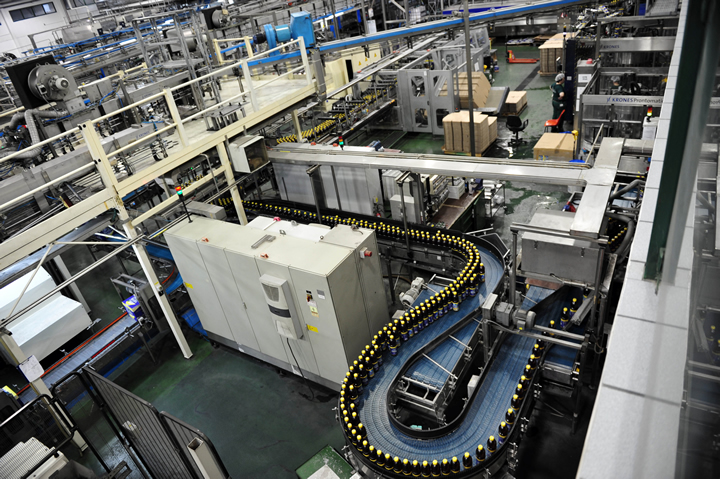

.jpg)


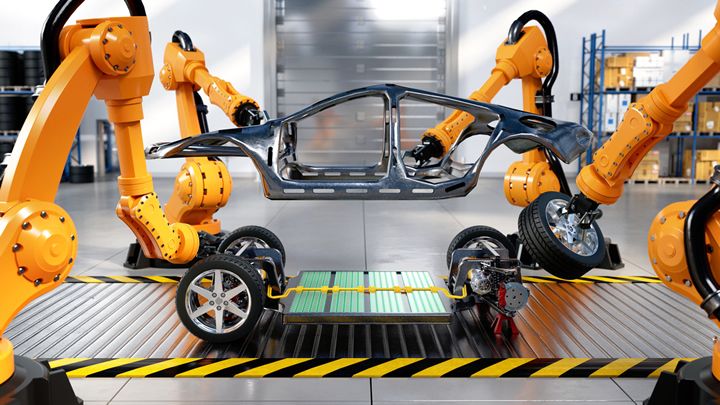
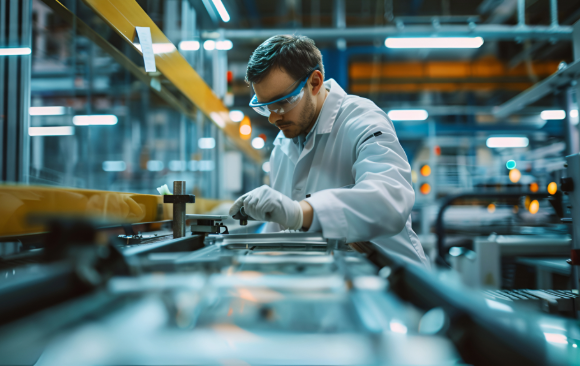
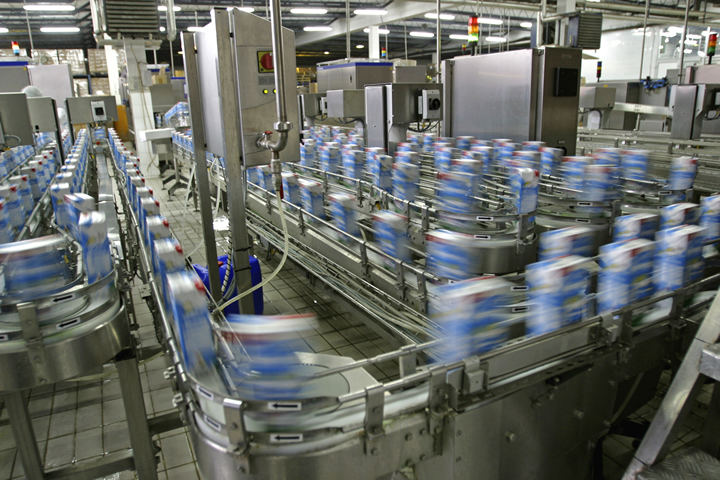
.jpg)

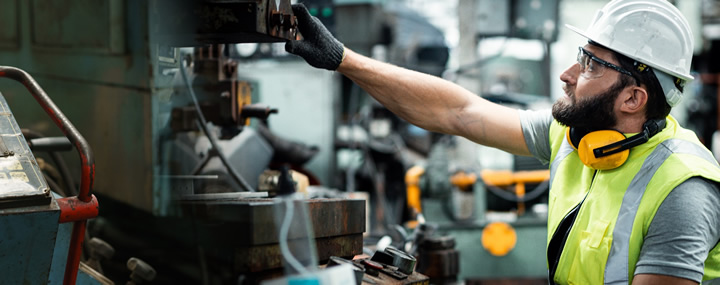
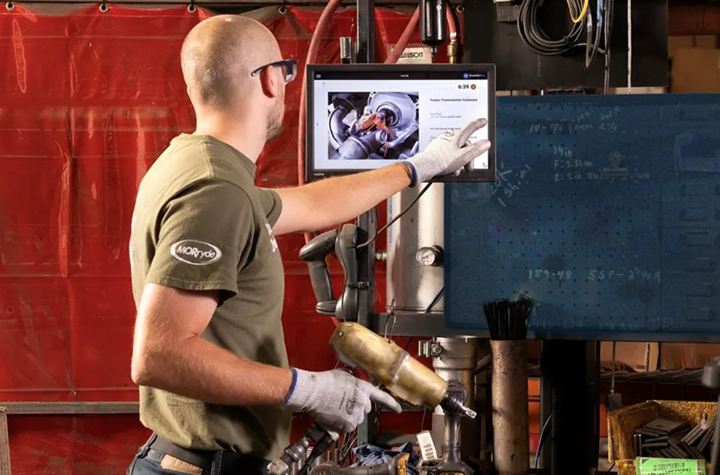

.jpg)
